Following the 2001 state takeover of the School District of Philadelphia, a new governance structure was established and an ambitious set of reforms went into effect, generating renewed public confidence in the district. Despite this, maintaining reform momentum continues to be difficult in Philadelphia. This can be traced to on-going challenges to civic capacity around education. Defined by Stone et al (2001) , civic capacity involves collaboration and mobilization of the city’s civic and community sectors to pursue the collective good of educational improvement. Using interviews conducted with over 65 local civic actors and district administrators, and case studies of local organizations involved with education, the authors examine civic capacity in the context of Philadelphia. The authors find that while many individuals and organizations are actively involved with the schools, there are several factors that present unique challenges to the development of civic capacity in Philadelphia. Despite these challenges, the authors conclude that there are many reasons to be optimistic and offer several recommendations for generating civic capacity–the kind that creates and sustains genuine educational change.
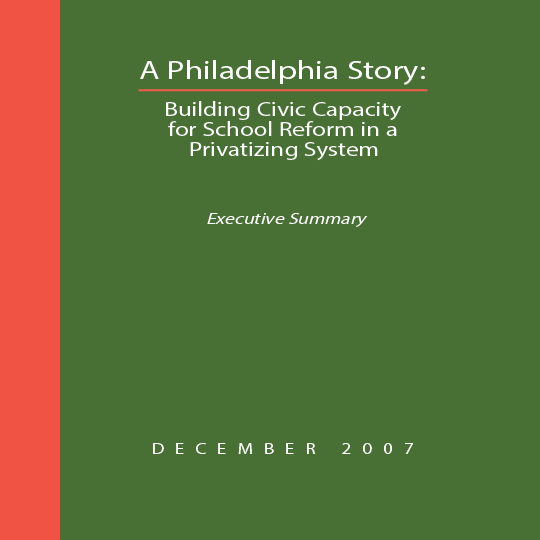
Philadelphia Story: Building Civic Capacity for School Reform in a Privatizing System – Executive Summary
Eva Gold , Elaine Simon , Maia Cucchiara , Cecily A. Mitchell
Date: December 2007
Related Publications
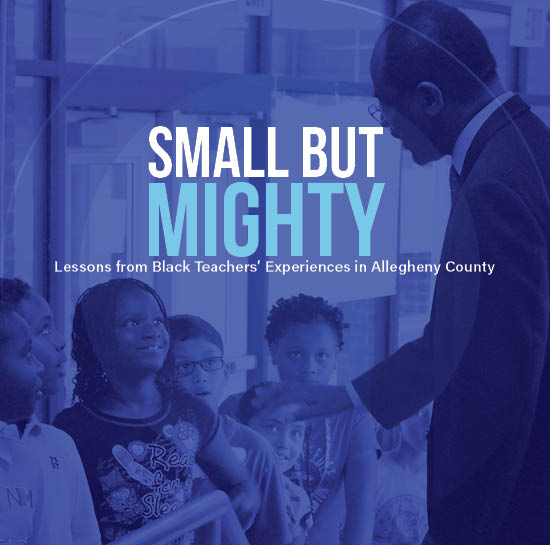
Publication
Small but Mighty: Lessons from Black Teachers’ Experiences in Allegheny County
Siettah Parks, Kevin Burgess, Leana Cabral, Mary Eddins, Alita Robinson
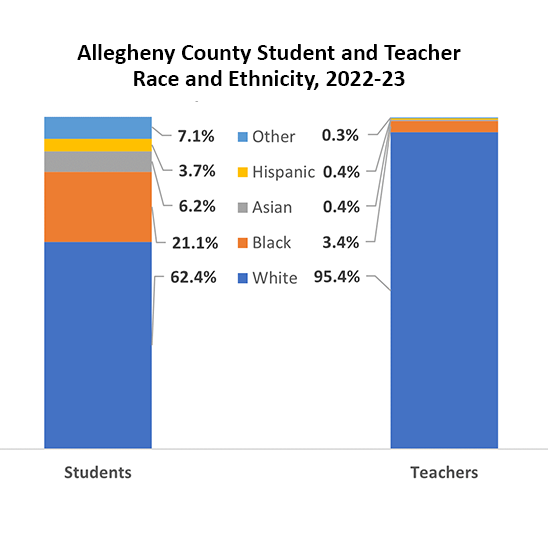
Publication
Allegheny County Teacher and Student Demographics: 2022-23 Update
Mary Eddins, David Lapp, Anna Shaw-Amoah

Publication
Exploring the Diversity and Supports for School District of Philadelphia English Learners as they Prepare to Transition to High School
David Bamat, Sean Vannata, Lindsey Liu, Molly Schlesinger, Alyn Turner

Publication
The Need for More Teachers of Color
Leana Cabral, Mary Eddins, David Lapp, Saxon Nelson

Publication
FAQ: Superintendents in Pennsylvania School Districts
Mary Eddins, Leana Cabral, David Lapp, Molly Pileggi, Saxon Nelson, Ammani Ahmad-Khan
Publication
Access to Experienced Teachers in Allegheny County
Mary Eddins
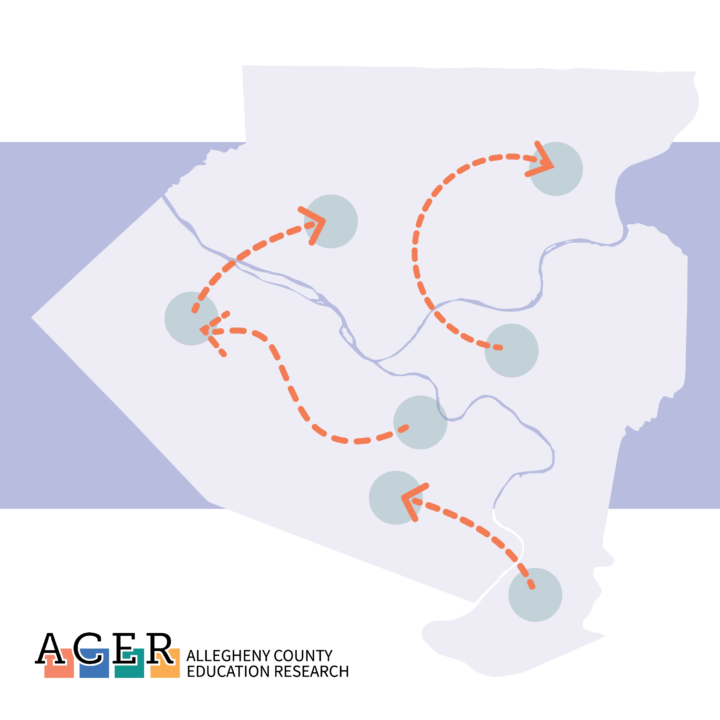
Publication
Teacher Mobility in Allegheny County, 2014-15 through 2019-20
Mary Eddins, Molly Pileggi

Publication
Final Report: Evaluation of the Aspiring to Educate Philadelphia Pilot

Publication
Where Do We Go Next? Youth Insights on the High School Experience During a Year of Historic Upheaval
Molly Pileggi, Kri Burkander, Justis Freeman, Sean K. Flanagan, Max Margolius, Liz Glaser, Monika Kincheloe

Publication
Students Experiencing Homelessness in Allegheny County
Anna Shaw-Amoah
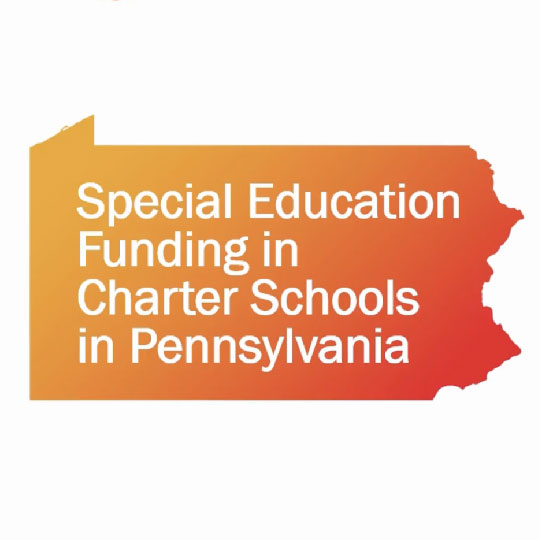
Publication
Special Education Funding in Pennsylvania Charter Schools
David Lapp
Publication
FAQ: Allegheny County Teachers of Color
Mary Eddins